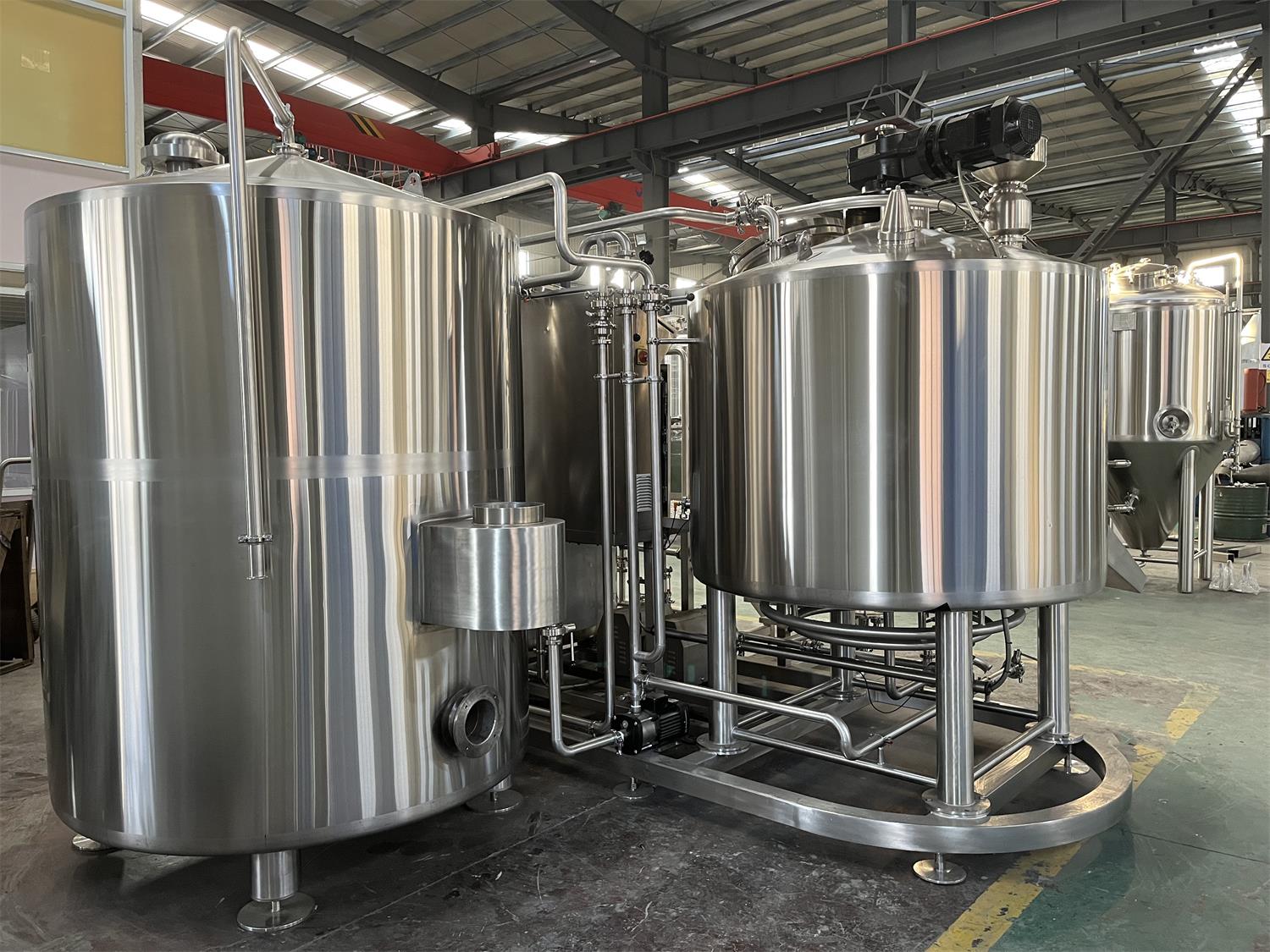Top Benefits of Stainless Steel Fermenter Tanks
Overview of Stainless Steel Fermenter Tanks
Stainless steel fermenter tanks have become an indispensable part of modern industries like brewing, winemaking, and pharmaceutical production. These versatile tanks provide a robust, hygienic, and durable solution for fermenting various products. With their sleek appearance, they represent innovation and quality in manufacturing, ensuring optimal results every time.
Purpose of Stainless Steel Fermenter Tanks
Stainless steel fermenter tanks are designed to provide a controlled environment for the fermentation process. Whether you’re brewing craft beer, fermenting wine, or producing bio-pharmaceuticals, these tanks ensure consistent quality by maintaining the right temperature, hygiene, and pressure.
Fermentation is a delicate process that relies on precise conditions to convert raw ingredients into finished products. Stainless steel tanks excel because they resist contamination, withstand varying conditions, and allow customization, ensuring optimal results every time. Why settle for anything less?
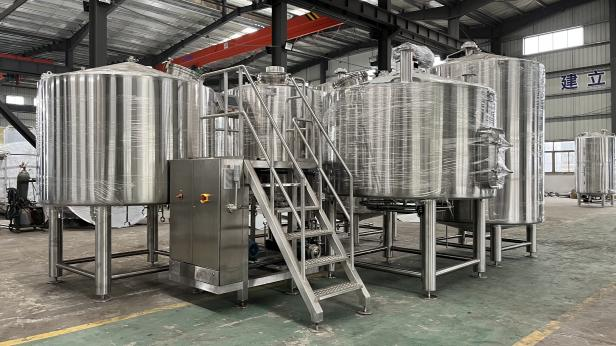
Reasons for the Popularity of Stainless Steel Fermenter Tanks
Why are stainless steel fermenter tanks so widely used? The answer lies in their unmatched benefits:
- Hygiene and Sanitation: Stainless steel’s non-porous surface makes it easy to clean and sterilize, reducing the risk of bacterial contamination. Who wouldn’t want a tank that’s as easy to clean as your favorite coffee mug?
- Durability: These tanks are built to last. Unlike plastic or other materials that degrade over time, stainless steel remains resilient under pressure, heat, and wear.
- Temperature Control: Fermentation often requires precise temperature settings. Stainless steel tanks can be fitted with cooling or heating jackets, ensuring perfect conditions.
- Aesthetic Appeal: Let’s face it—a polished stainless steel tank looks professional and speaks to your commitment to quality.
- Versatility: From small home brewers to large-scale industrial producers, there’s a stainless steel fermenter tank for every need.
Features of Stainless Steel Fermenter Tanks
Stainless steel fermenter tanks are packed with features that make them a top choice for fermentation. Here’s what sets them apart:
- Material Composition: Made from high-grade stainless steel (typically 304 or 316), these tanks resist rust and corrosion.
- Temperature Regulation: Built-in jackets or external systems allow precise temperature control.
- Pressure Capability: Many fermenter tanks can withstand high pressures, making them ideal for brewing carbonated beverages like beer.
- Ease of Cleaning: Designed with smooth interiors, these tanks are easy to sanitize.
- Customizable Sizes: Available in sizes ranging from small, 5-gallon tanks to massive, 1,000-gallon industrial units.
- Ports and Valves: Fitted with multiple access points for sampling, filling, and draining.
Advantages of Stainless Steel Tanks
Here’s a table summarizing the key advantages of stainless steel fermenter tanks compared to other materials:
| Feature | Stainless Steel | Plastic | Glass |
|---|---|---|---|
| Durability | Highly durable; resists dents and scratches | Prone to cracking | Fragile; breaks easily |
| Hygiene | Easy to clean and sanitize | Harder to sterilize | Requires careful cleaning |
| Temperature Control | Excellent; supports cooling/heating jackets | Limited | None |
| Pressure Resistance | Withstands high pressures | Not suitable for pressure | Not suitable for pressure |
| Longevity | Lasts decades with proper care | Short lifespan | Moderate lifespan |
| Aesthetic Appeal | Sleek, professional look | Basic look | Transparent, but fragile |
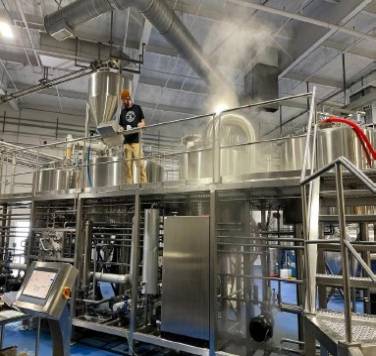
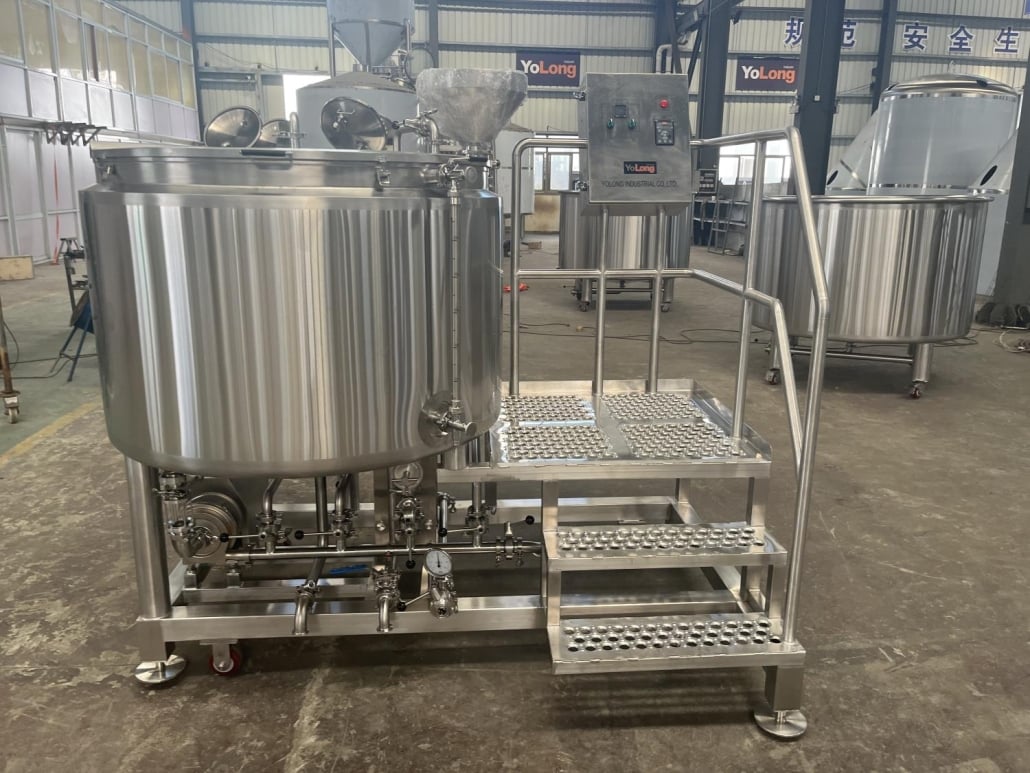
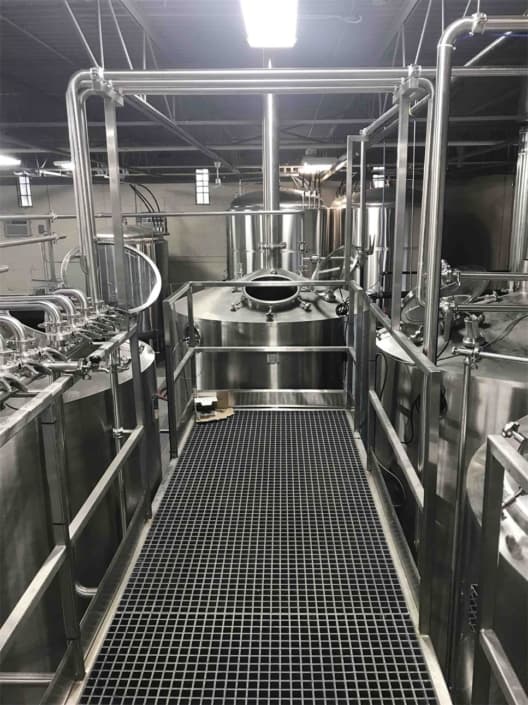
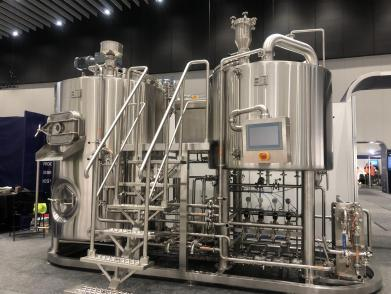

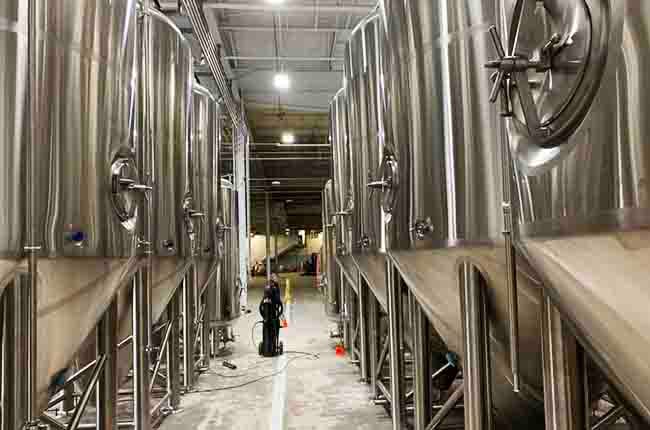
Applications of Stainless Steel Fermenter Tanks
Stainless steel fermenter tanks are incredibly versatile, making them suitable for a variety of applications:
- Brewing: Used extensively in beer production to ferment wort into beer. Their ability to maintain precise temperatures and withstand pressure makes them ideal.
- Winemaking: Perfect for fermenting and aging wine, as they preserve flavors while preventing contamination.
- Pharmaceuticals: Essential in producing bio-pharmaceuticals, where sterility is non-negotiable.
- Dairy Industry: Utilized for fermenting dairy products like yogurt and cheese.
- Distilleries: Used in the production of spirits like whiskey and rum.
How to Choose the Right Stainless Steel Fermenter Tank
Choosing the perfect fermenter tank depends on your specific needs. Here are some factors to consider:
- Capacity: How much product will you be fermenting? Small-scale brewers may need a 10-gallon tank, while industrial producers might require 500 gallons or more.
- Material Grade: For beverages and food, 304-grade stainless steel is sufficient. For harsher chemicals, 316-grade offers better corrosion resistance.
- Temperature Control: Does the tank offer integrated cooling or heating systems? This is crucial for precise fermentation.
- Pressure Rating: If you’re fermenting carbonated beverages, ensure the tank is rated for high pressure.
- Budget: Prices vary widely. Determine your budget and balance cost with features.
Maintenance and Care Tips for Stainless Steel Fermenter Tanks
Proper maintenance ensures your stainless steel fermenter tank lasts for decades. Here’s a handy table with tips:
| Maintenance Task | Details |
|---|---|
| Regular Cleaning | Use non-abrasive cleaners and sanitize thoroughly after each use. |
| Inspect for Damage | Check for dents, scratches, or corrosion regularly. |
| Polishing | Polish the exterior to maintain its sleek appearance. |
| Valve and Gasket Care | Inspect and replace gaskets and seals as needed. |
| Avoid Harsh Chemicals | Use cleaning agents that are safe for stainless steel surfaces. |
| Store Properly | When not in use, store the tank in a dry environment to prevent corrosion. |
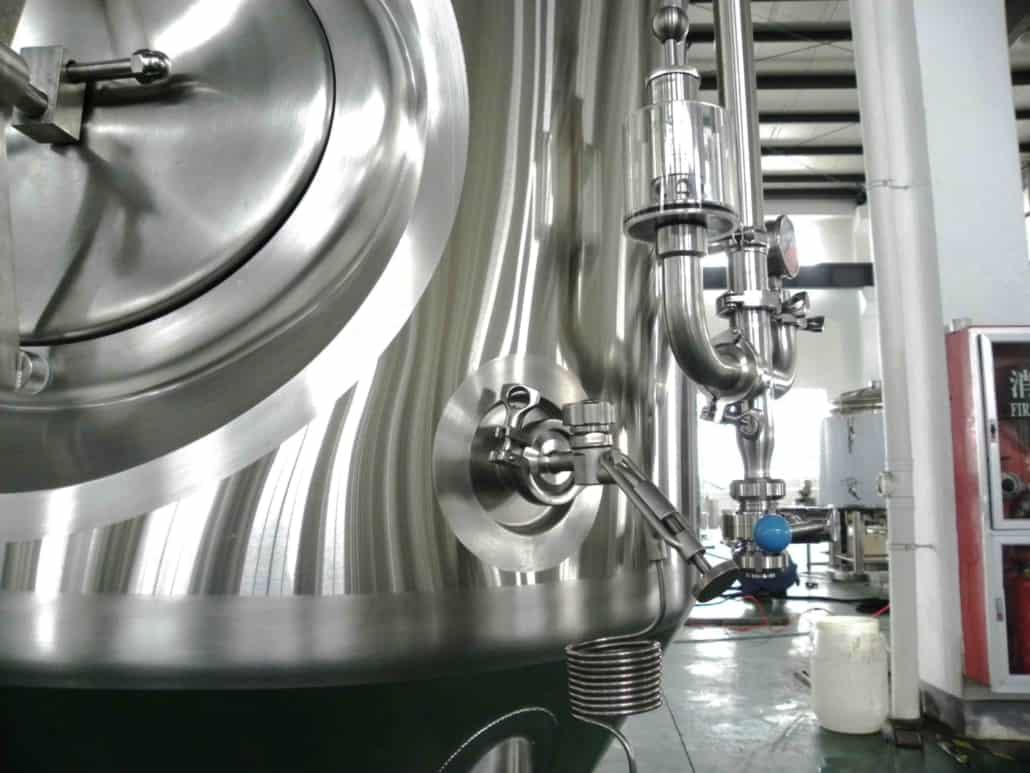
FAQ
| Question | Answer |
|---|---|
| Why choose stainless steel over plastic? | Stainless steel is more durable, hygienic, and temperature-resistant. |
| What is the lifespan of a stainless tank? | With proper care, it can last 20-30 years or more. |
| Can I use these tanks for winemaking? | Absolutely! They’re ideal for wine fermentation and aging. |
| Do stainless tanks affect flavor? | No. Stainless steel is neutral and won’t alter flavors. |
| Are they worth the cost? | Yes, due to their longevity, durability, and superior performance. |
| How do I clean my tank? | Use warm water, a non-abrasive cleaner, and sanitize after each use. |
Share this entry
Interested in learning more about Brewing Systems including additional details and pricing information? Please use the form below to contact us!
YOLONG BREWERY EQUIPMENT FAQS
- Commercial Brewery / Craft Brewery / Microbrewery / Nanobrewery
- What is The Difference Between Craft Beer and Industrial Beer?
- The Bespoke Differences In Custom Brewing Systems
- Everything You Need to Know About Kettle Souring
- How to Choose Brewing Equipment for Your business?
- How To Choose The-Best Partner To Build Your Commercial Microbrewing System?
- Two Detection Sensors That You Need To Use In Your Brewhouse System
- Remote Control Applications in Brewing Equipment/How does it work?
- How To Clean Your Brand New Brewery Tanks?

